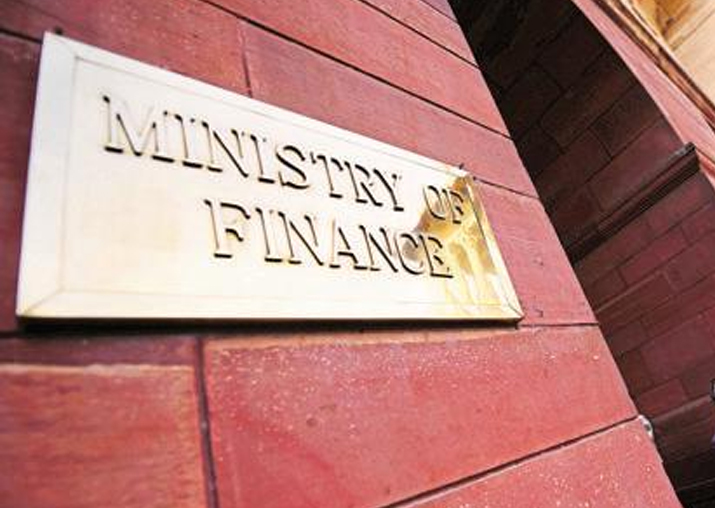As the government pushes its bid for privatization far and wide, centre has lifted its embargo on private banks from handling government related banking transactions. Such transactions include but are not limited to tax collection, revenue payment facility, pension handouts, saving schemes, etc. So far, only PSU banks and few private banks (Axis Bank, HDFC Bank, and J&K Bank) as authorised by RBI.
However, centre has relayed its policy to the Reserve Bank of India and with the lifting of this embargo there doesn’t exist any bar on RBI to specifically authorise banks whether private or PSU for conducting government businesses including businesses for government agencies. Finance ministry quoted on Wednesday-
This step is expected to further enhance customer convenience, spur competition and higher efficiency in the standards of customer services
Obviously, this has resulted in outcry from public sector banks who fear a loss of businesses to their private counterparts and sought a level playing field. Their claims is merited by the difference in the roles performed by private and public sector banks. A senior anonymous PSU banker stated-
If certain privileges are shared with private banks, so should be the social RESPONSIBILITIES that have proved to b costly for us.
The official further added that such a move is welcome only if public banks are to forgo their primary goal of catering to socio-economic needs instead of purely profit making pursuits. According to the justifications issued by the centre, PSUs should be relieved of their implicit obligation of having to execute multiple government schemes for financial inclusions and opening of effortless Jan-Dhan accounts including the setting up of branches and ATM networks in rural areas as such activities are almost always carried out on a loss. To exemplify the concern raised by public banks, out of the 42.84 Crore Jan Dhan accounts in existence today, private players accounted for only 1.25 crore of them as private banks require the account holder to have a minimum balance.
So far, the impact of this step cannot be speculated, however the finance ministry’s proposal in the FY22 Budget could give an insight into the government’s intent.
Private sector banks, which are at the forefront of imbibing and implementing latest technology and innovation in banking, will now be equal partners in development of the Indian economy and in furthering the social sector initiatives of the government.

